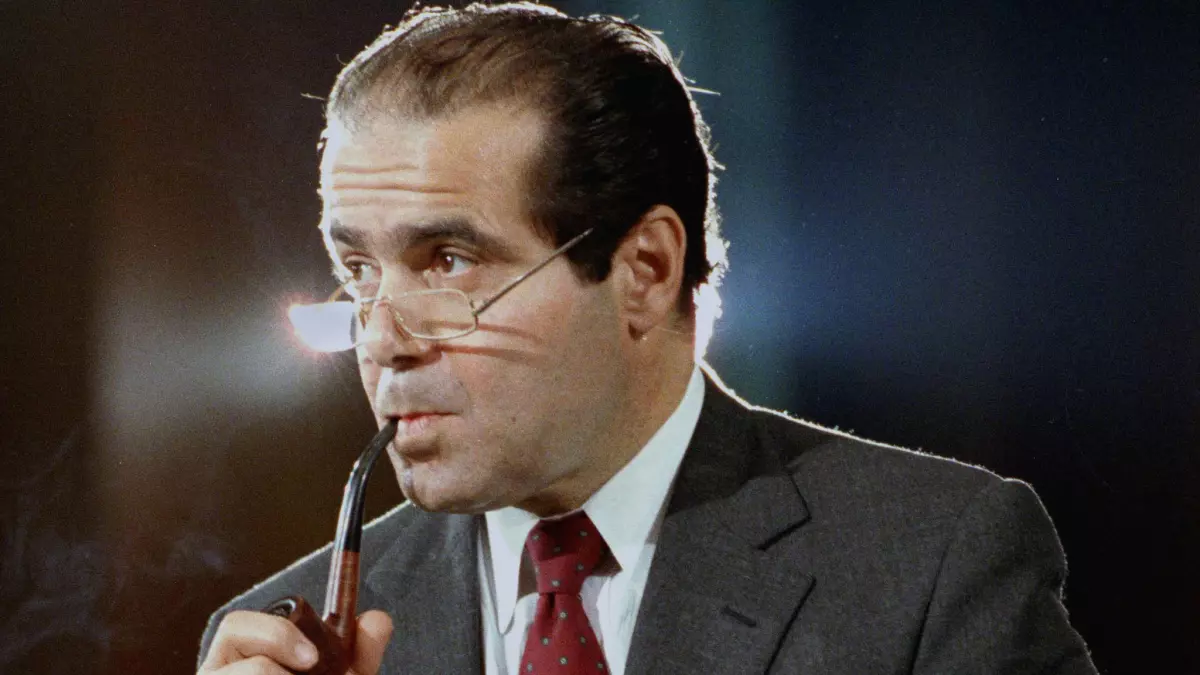
The Return of Realpolitik
Some leaders in Europe may resist a new alliance with Trump’s America, but in a world dominated by bullies, sharp elbows and unpredictability may be what the times demand.
If the election of Donald Trump means anything, it marks the end of the liberal world order and its replacement by grim realpolitik, described by one MIT analyst as “the pursuit of vital state interests in a dangerous world that constrains state behavior.” Realpolitik may be ugly but it’s back. It is already being ruthlessly practised by China, Russia, Iran, and North Korea, but it has also been central to the Trumpian worldview since his first term. Whereas his predecessors sought engagement with other countries, Trump’s style will be to cut deals narrowly perceived as beneficial to the United States.
Trump will be less like Roosevelt or Reagan, who led crusades against authoritarianism, and more like Lord Palmerston, who famously remarked that his country had “no permanent allies, only permanent interests.” Other icons of realpolitik include Austria’s 19th-century minister of foreign affairs Klemens von Metternich, Wilhelmine Germany’s Otto von Bismarck, or the US’s Richard Nixon and Henry Kissinger, who ditched morality in pursuit of “an equilibrium of forces.”
How the Liberal World Order Failed
The new realpolitik marks the end of an era in which politics was defined largely by ideology and religion. As in the 19th century, world events now revolve around control of markets, resources, technology, and military aptitude. In this new paradigm, institutions like the United Nations and the International Court of Justice are largely irrelevant, as are climate confabs and the high-minded pronunciamentos of the World Economic Forum.
Continue reading the entire piece here at Quilette (paywall)
Joel Kotkin is a senior research fellow at the Civitas Institute. He is alsothe Roger Hobbs Presidential Fellow in Urban Futures at Chapman University where he directs the University’s Center for Demographics and Policy.
Politics

National Civitas Institute Poll: Americans are Anxious and Frustrated, Creating a Challenging Environment for Leaders
The poll reveals a deeply pessimistic American electorate, with a majority convinced the nation is on the wrong track.
.webp)
Liberal Democracy Reexamined: Leo Strauss on Alexis de Tocqueville
This article explores Leo Strauss’s thoughts on Alexis de Tocqueville in his 1954 “Natural Right” course transcript.
%20(1).avif)
Long Distance Migration as a Two-Step Sorting Process: The Resettlement of Californians in Texas
Here we press the question of whether the well-documented stream of migrants relocating from California to Texas has been sufficient to alter the political complexion of the destination state.
%20(3).avif)
Who's That Knocking? A Study of the Strategic Choices Facing Large-Scale Grassroots Canvassing Efforts
Although there is a consensus that personalized forms of campaign outreach are more likely to be effective at either mobilizing or even persuading voters, there remains uncertainty about how campaigns should implement get-out-the-vote (GOTV) programs, especially at a truly expansive scale.

There's a Perception Gap With the U.S. Economy
As we approach another election cycle, it’s worth asking: what’s real, what’s political theater, and what does it all mean if Democrats regain control of the House?

International Law Is Holding Democracies Back
The United States should use this moment to argue for a different approach to the rules of war.
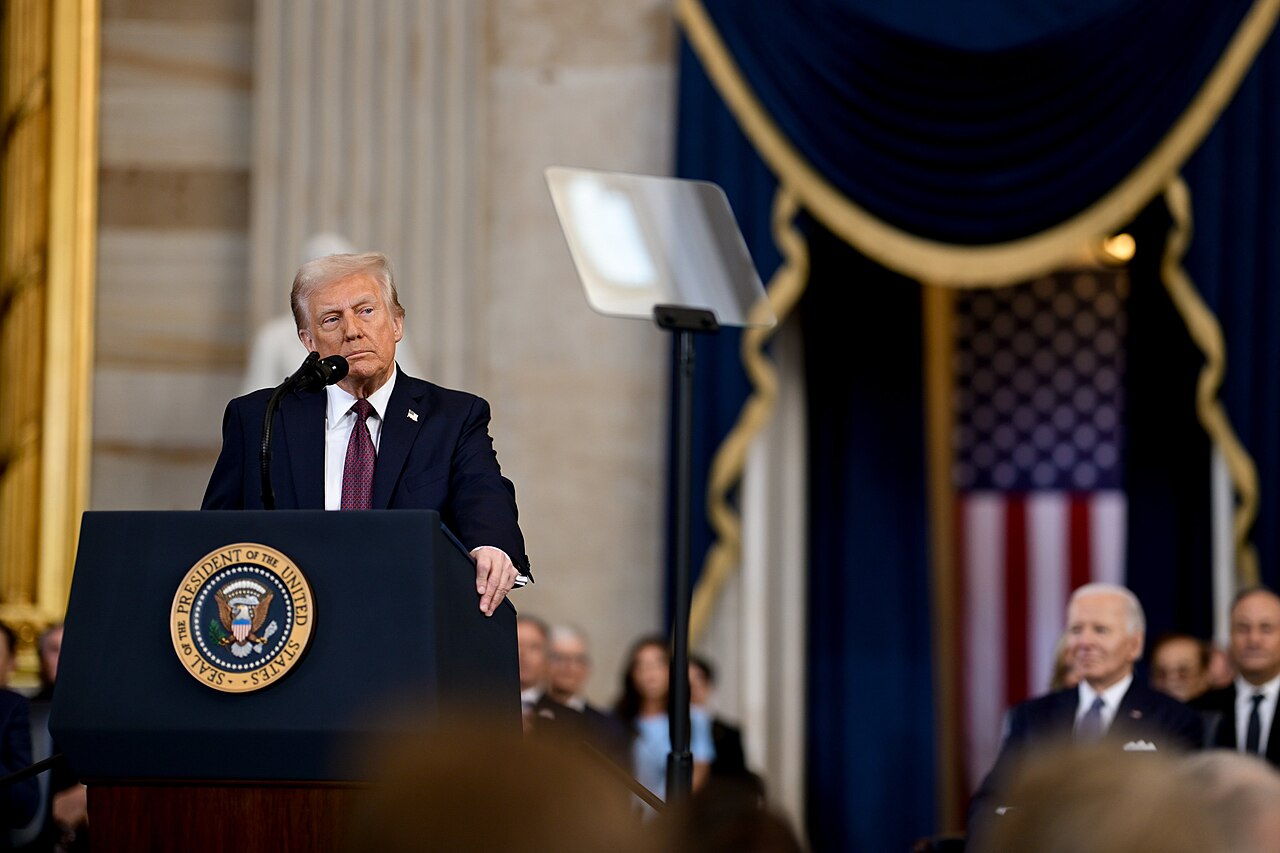
Trump purged America’s Leftist toxins. Now hubris will be his downfall
From ending DEI madness and net zero to securing the border, he’ll leave the US stronger. But his excesses are inciting a Left-wing backlash
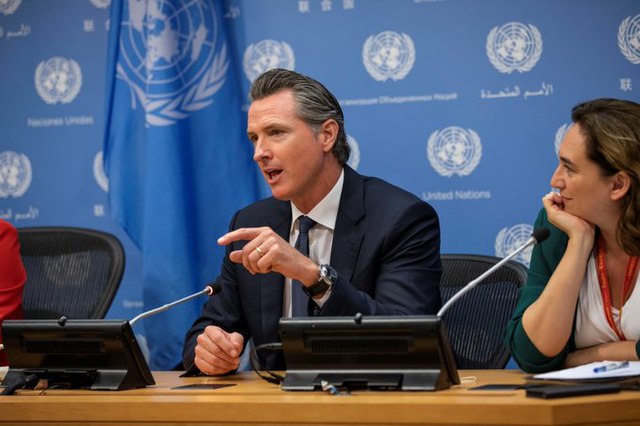
California’s wealth tax tests the limits of progressive politics
Until the country finds a way to convince the average American that extreme wealth does not come at their expense, both the oligarchs and the heavily Democratic professional classes risk experiencing serious tax raids unseen for decades.
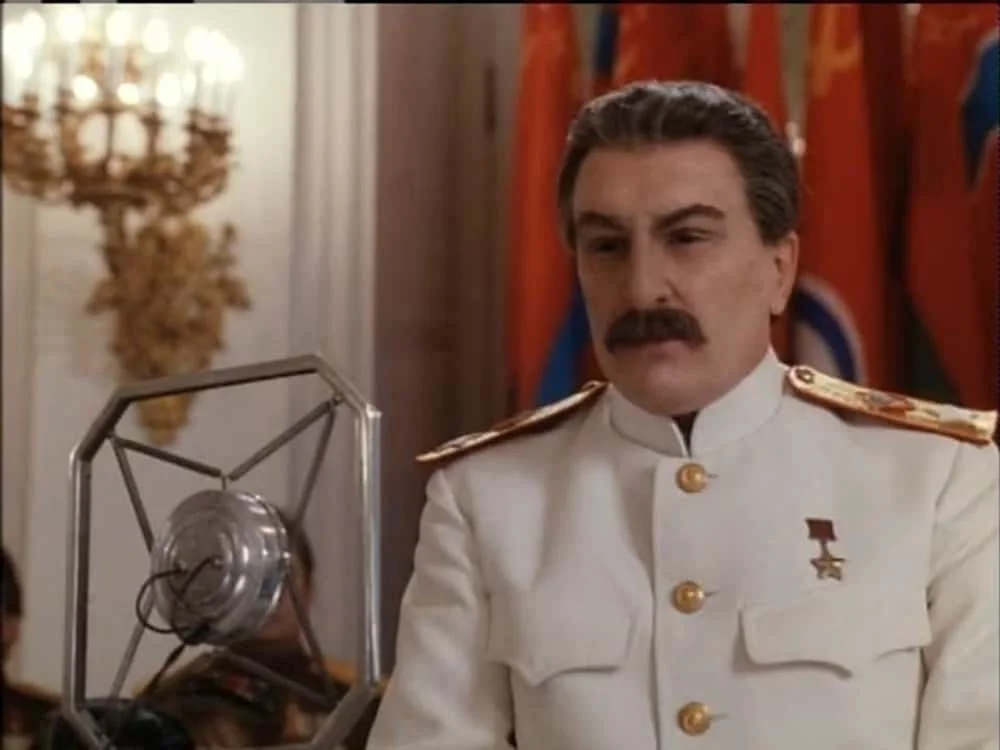
When Duvall Played Stalin
It’s strange to compliment an actor for impersonating a tyrant, but it is an act of courage.
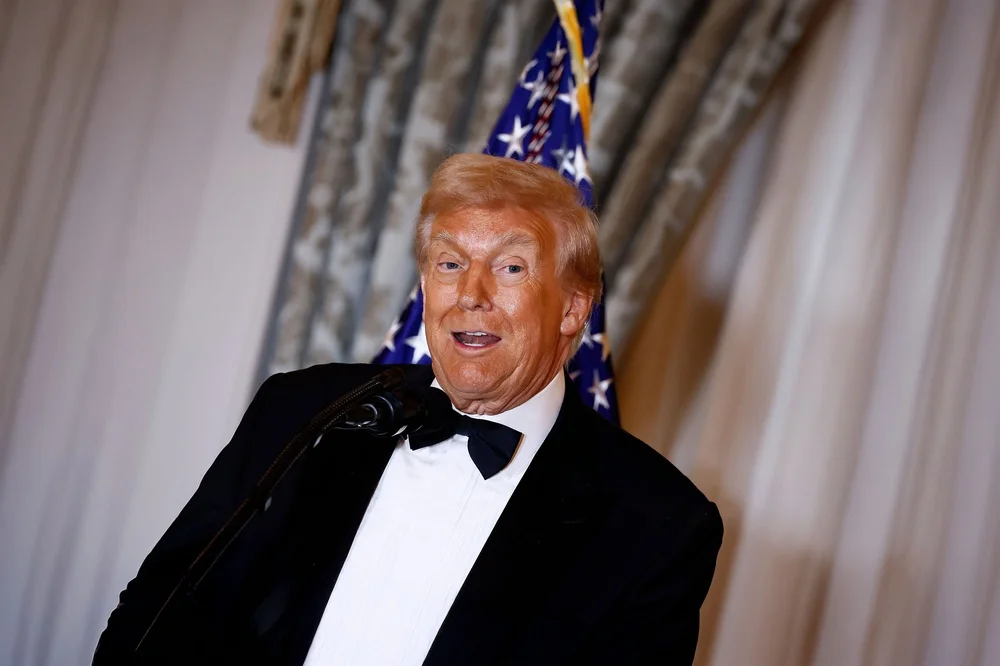
When Vanity Leads to Impropriety
A president should simply not be allowed to name anything after himself without checks from Congress or an independent commission.









